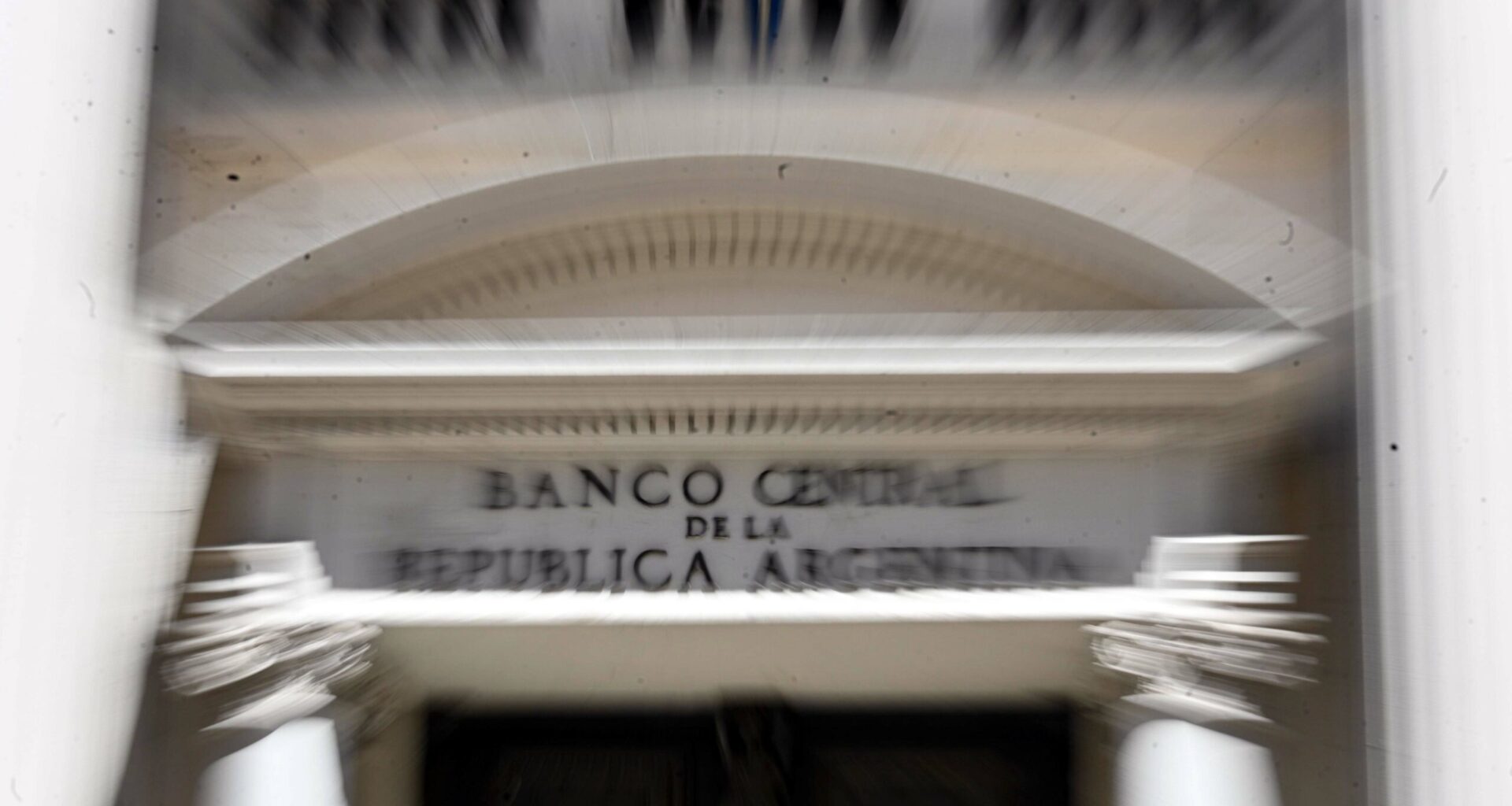Argentina’s Central Bank has introduced new restrictions on banks’ handling of foreign currency in an attempt to contain the dollar exchange rate ahead of the midterm elections. The surprise measures came the same week the monetary authority increased reserve requirements for financial institutions.
The Central Bank issued three new norms on Friday that affect banks’ foreign-currency assets and liabilities. One of these established that institutions’ daily spot position in foreign currency cannot be greater on the last business day of the month than it was the previous day.
The norm took effect in the month of August — and since Friday was the last working day of the month, banks had to adapt to it the same day.
“The rule seeks to prevent excessive volatility in the positions of entities that could cause market disruption,” a source in the Central Bank told the Herald.
Two other rules published Friday will take effect on December 1. From that date on, market participants will have to report their negative net global foreign currency position on a daily basis, rather than once a month. When banks have a negative daily foreign currency spot position, it cannot exceed 30% of the previous month’s computable equity liability. Previously, there was no such restriction in place.
Gabriel Caamaño, an economist with consultancy Outlier, said that “the fact that the regulator is constantly changing the rules in its favor is a temporary inconsistency and a sign of weakness.”
“Now the Central Bank is seeking to limit banks’ ability to trade on the last day of the month, when settlement is defined,” he added in a post on X.
Gustavo Quintana, an analyst and broker for PR Corredores, told the Herald that the norms aim “to normalize banks’ activity in the markets” and “take pressure off the exchange rate, especially at the end of the month.”
Quintana said that the monetary authority probably saw “purchases” that alerted it into taking the measure.
The government has been facing increased exchange rate tensions since July 10, when it dismantled the Fiscal Liquidity Bills (LEFI, by their Spanish acronym), a bond issued by the Economy Ministry to manage the liquidity of the financial system.
Since then, the government has increased interest rates and reserve requirements in an attempt to control the U.S. dollar exchange rate and therefore, domestic prices.
